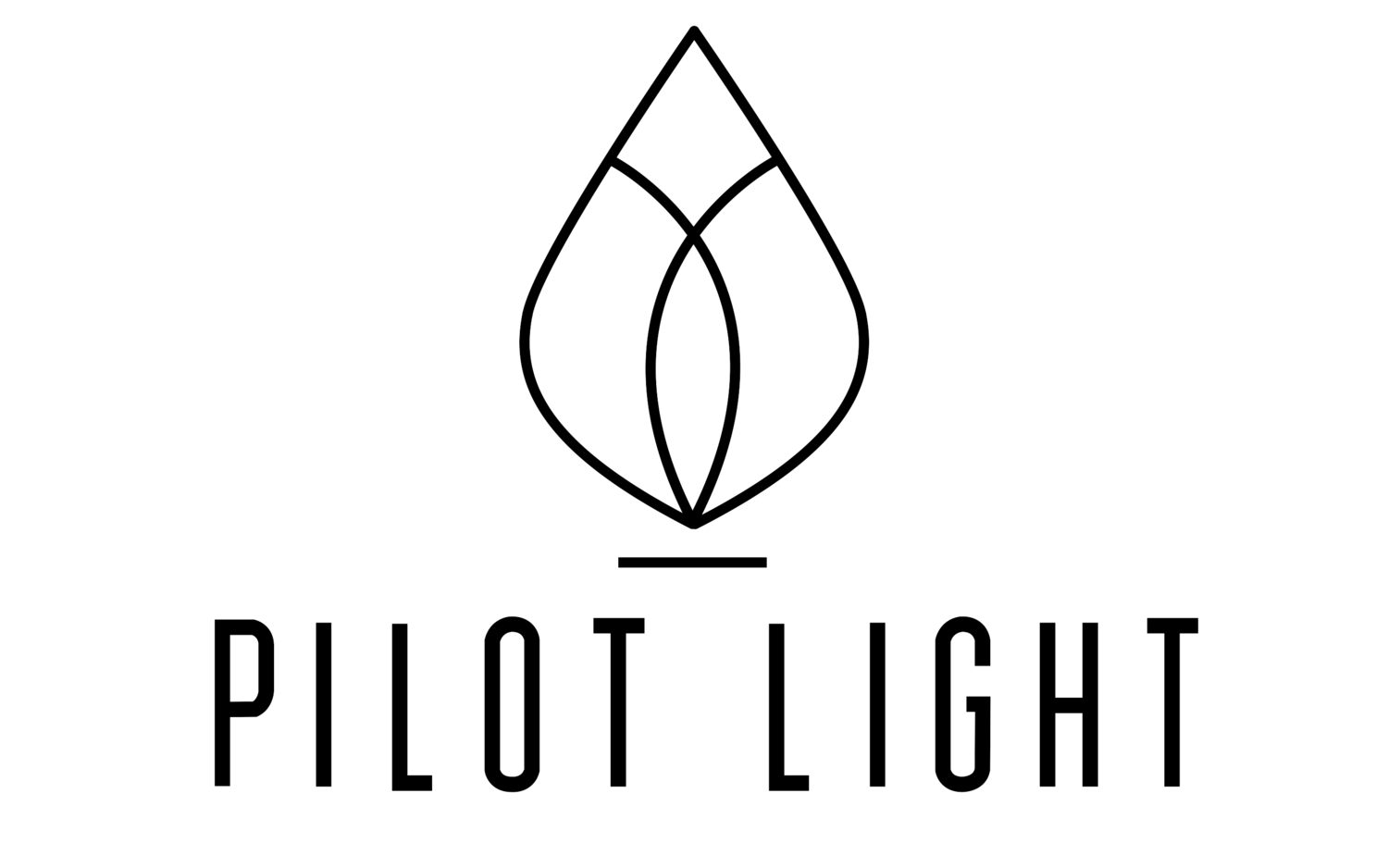We're All in This Together by Polly McGee
Professor Mohamad Abdalla is the Director of the Centre for Islamic Thought and Education at the University of South Australia. The pleasure of hearing him speak in an audience of leaders across sectors about interconnectedness was a profoundly transformative experience – humbling and inspiring all at once. Mohamad is a storyteller of the first order and took the audience on a journey of the history of intersection between the ancient Islamic world and Western thought all the way through to the aftermath of Christchurch.
Who knew the integral role that Islamic scholars played in some of our most foundational knowledge – maths, cosmology, medicine, science, algebra, physics. Many of the insights and discoveries originally credited to the Greek and Roman thinkers of ancient history class were found to have been built on the knowledge of pundits no one attending the keynote had heard of.
The reason that a room full of educated, heart-centred over achievers were collectively ignorant to some incredible leaders of critical thinking and philosophy is that we are not exposed to the longitude of historical interconnection in our education systems. Much like the generations that have been taught Australian history started in 1788, not 65 000 years of rich culture before the arrival of tall ships from England, our ancient history is a largely a Judeo-Christian one, developed though a Western lens.
You may know Mohamad Abdalla’s face as one of the Australian Muslims who went to Christchurch to support the community after the recent massacre. His stories of how the whole community coalesced around that horrific act of violence gave hope in our ability to cut through beliefs constructed on poor data, to the heart of humanity, empathy and love.
In a time where the mention of Islamic countries or Muslim faith are almost always connected with terrorism and correlation to an extremist portrayal of minority views, it was a tonic to be in a space of curiosity and discovery with a wise man, open to sharing his views, experiences and beliefs with grace and humour. This session was a blueprint for making connections with people contemporary culture seeks to other, looking for spaces of mutual understanding to unlock deeper truths.
Professor Mohamad’s message was that in interconnected culture, the language, knowledge and practices of the people aren’t torched or destroyed, they are revered and looked to for the wisdom of the past they contain. In an interconnected world, joined by global economics and [theoretically] soft borders for travel and transaction, we are already inextricably mixed. Our interdependence can and must be built on collaboration, shared understanding and the power of our differences for learning and our likeness for connecting, rather than the language of hate and dominance all too prevalent today.

